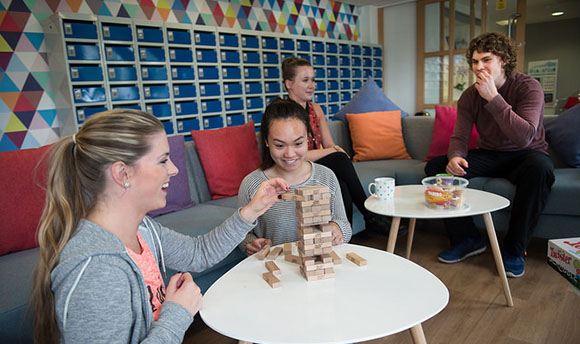This article originally appeared in The Scotsman.
We've all been there. Something goes wrong with a product or service and, unable to sort things out in a friendly manner, you're faced with the challenge of raising a formal complaint. While the prospect may be daunting for the individual, receiving a complaint is rarely something that the organisation looks forward to either. So, spare a thought for those trying to develop a rounded complaints system today that supports the
aggrieved customer as well as those that are being complained about.
In an ideal world, nothing would ever go wrong, and nobody would ever have to complain. Until we reach that nirvana, organisations should ready themselves to accept and respond positively to complaints. The complainer is giving them the favour of an insight into their own business, and often how expectation is not matching the reality. Fear of complaints does not drive up standards but learning and encouraging full engagement from all parties in the dispute process has been proven to create positive change.
Through Consumer Dispute Resolution at Queen Margaret University we are focused on changing the conversation around complaints. We encourage better dialogue through our mediation training and consultancy. We've worked with over 600 complaints investigators in 120 different organisations to help them develop their skills in investigating and resolving grievances. One strand of our research is around shifting the culture that surrounds complaints in order to welcome them – and crucially, to learn from them. Organisations that take steps to actively encourage criticisms will reap positive benefits.
Something else easily forgotten is the person at the sharp end of the complaints we make. That might be the contact centre worker who needs flameproof ears, or the individual whose actions are at the heart of the issue. Take teachers for example, who because of lockdown measures found themselves more exposed than ever to criticism. Imagine having to manage the impact of being complained about as you persevered to deliver the best educational experience for pupils. There is now a growing body of research showing the negative effects on the health and morale of those who are complained about. Just as complainants deserve a fair and supportive process, so do those who find themselves the focus of a dispute.
And it’s not just about finding ways to improve the experience for people with a grievance and those who are the focus of complaints, it’s also about ensuring complaints systems are accessible for everyone. It’s wrong to assume that those who don’t complain are too lazy to do so. Maybe they have no confidence in the system providing the outcome they want. They may lack the language or literary skills required or could be care experienced or have mental health issues and will avoid what they see as conflict at all costs. If complaints involve more than one agency or organisation, the process becomes an even more daunting prospect. The map might make sense to those who drew it, but not to all who have to navigate by it.
Our research, based on over one hundred case studies from across the UK public sector commissioned by NESTA, concluded that effective systems and processes for consumer voice allow organisations to identify problems and gaps between expectations and delivery. Insights from these complaints can then be used to drive innovation and service transformation.
No complaint system can turn the clock back and undo what has gone wrong. But if we can make the experience better for those who complain, as well as for those who are complained about and those who handle the complaints, then it’s a win for the organisation, and a win for consumers. And by adjusting complaints systems to meet the needs of vulnerable people, we can make sure that nobody loses.







